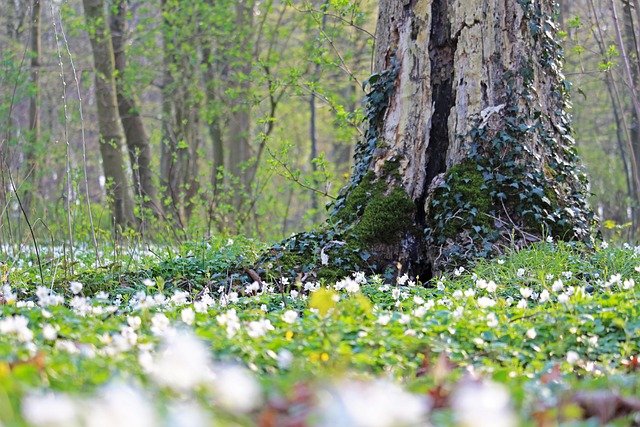In the world around us, beauty and ugliness are like two sides of the same coin. Lao Tzu’s words in his book ”Tao Te Ching” Chapter 2 tell us that we appreciate beauty because we know what ugliness is. It’s like how we understand light because we know darkness. Our story is about Mei, a young artist who learns this lesson as she explores the beauty of nature and discovers the deeper meaning behind Lao Tzu’s teaching.
Once upon a time, in a small village nestled amidst rolling hills and lush forests, there lived a young artist named Mei. Mei possessed a rare talent for painting, capturing the essence of nature’s beauty with each stroke of her brush. Her artworks adorned the walls of villagers’ homes, bringing joy and inspiration to all who beheld them.

One sunny afternoon, as Mei wandered through the woods seeking inspiration for her next masterpiece, she stumbled upon a scene unlike any she had encountered before. Hidden amidst the trees was a clearing filled with wildflowers of every hue, their petals dancing in the gentle breeze. Yet, amidst this breathtaking display of beauty, Mei’s eyes were drawn to something unexpected – a gnarled old tree, its twisted branches reaching towards the sky like weathered hands.
Intrigued by the contrast between the delicate flowers and the rugged tree, Mei felt compelled to capture this scene on canvas. As she painted, she pondered the words of Lao Tzu from Chapter 2 of the Tao Te Ching: “Under Heaven all can see beauty as beauty only because there is ugliness.”
With each brushstroke, Mei embraced the duality of beauty and ugliness, recognizing that it was the juxtaposition of the two that made the scene before her truly captivating. The delicate flowers served to highlight the strength and resilience of the old tree, while the tree, in turn, lent a sense of depth and character to the otherwise idyllic setting.
As Mei worked, she realized that this insight extended far beyond her art – it was a reflection of life itself. Just as the beauty of the wildflowers was enhanced by the presence of the old tree, so too were life’s joys made more meaningful by the challenges and hardships we face along the way.
With a newfound appreciation for the interconnectedness of all things, Mei completed her painting, a masterpiece that spoke not only of beauty but of the profound wisdom found in embracing life’s contrasts. And as the villagers gathered to admire her work, they too came to understand the timeless truth of Lao Tzu’s words – that it is only through the presence of ugliness that we can truly appreciate the beauty that surrounds us.
